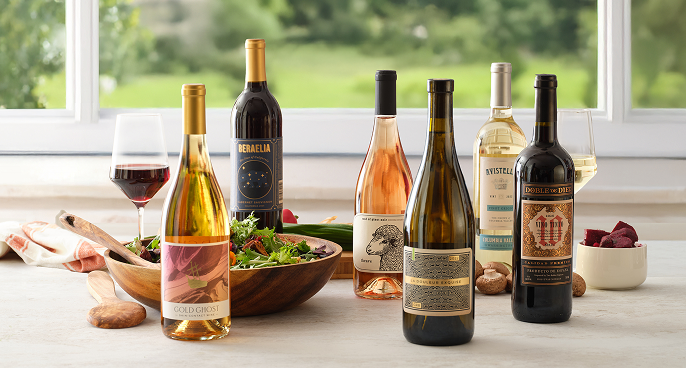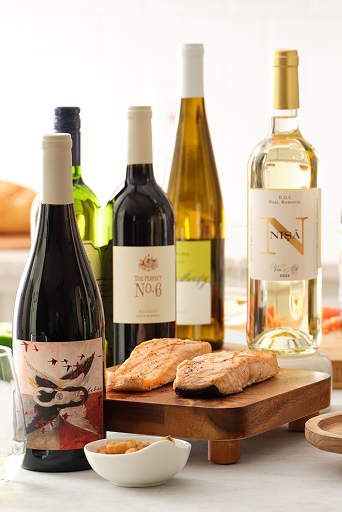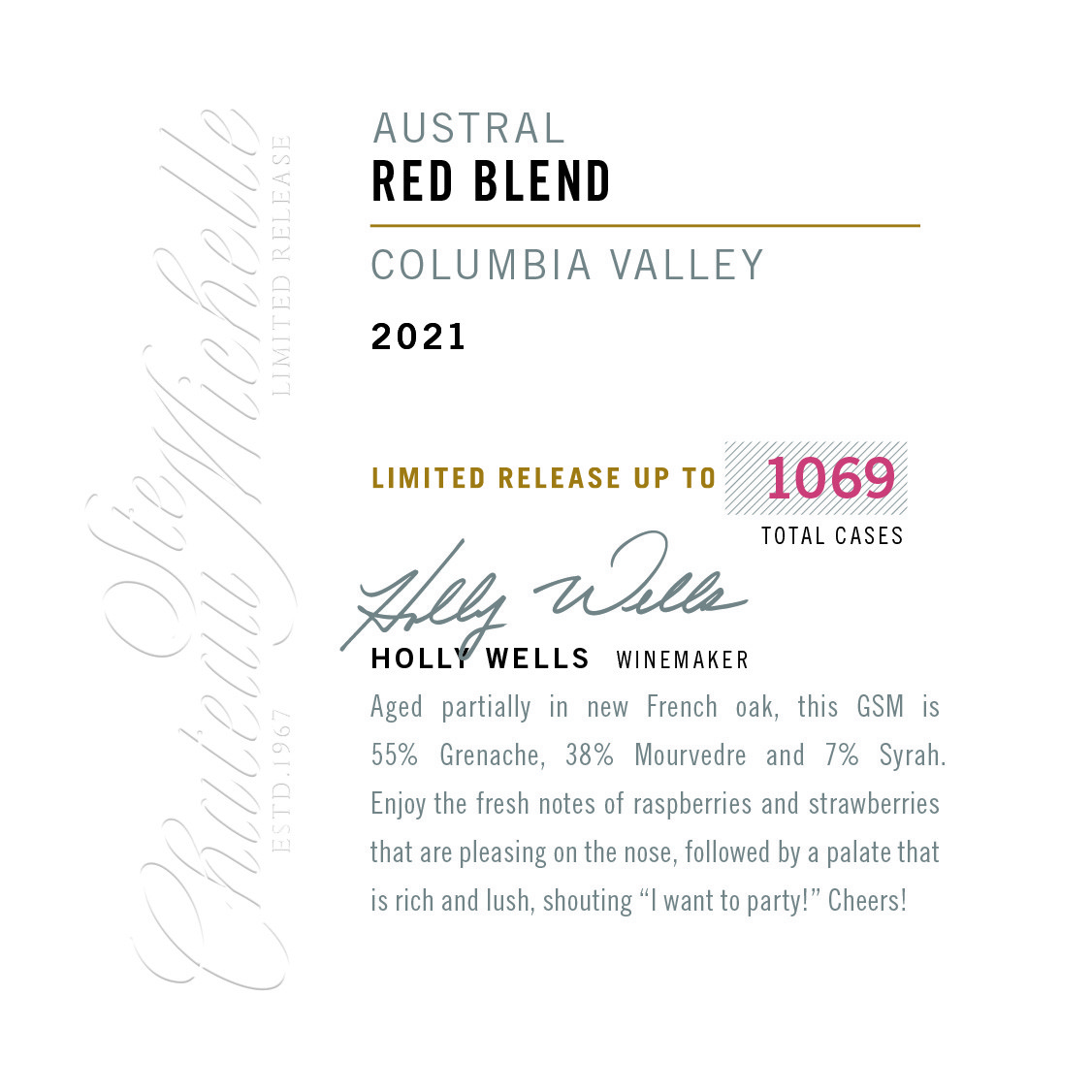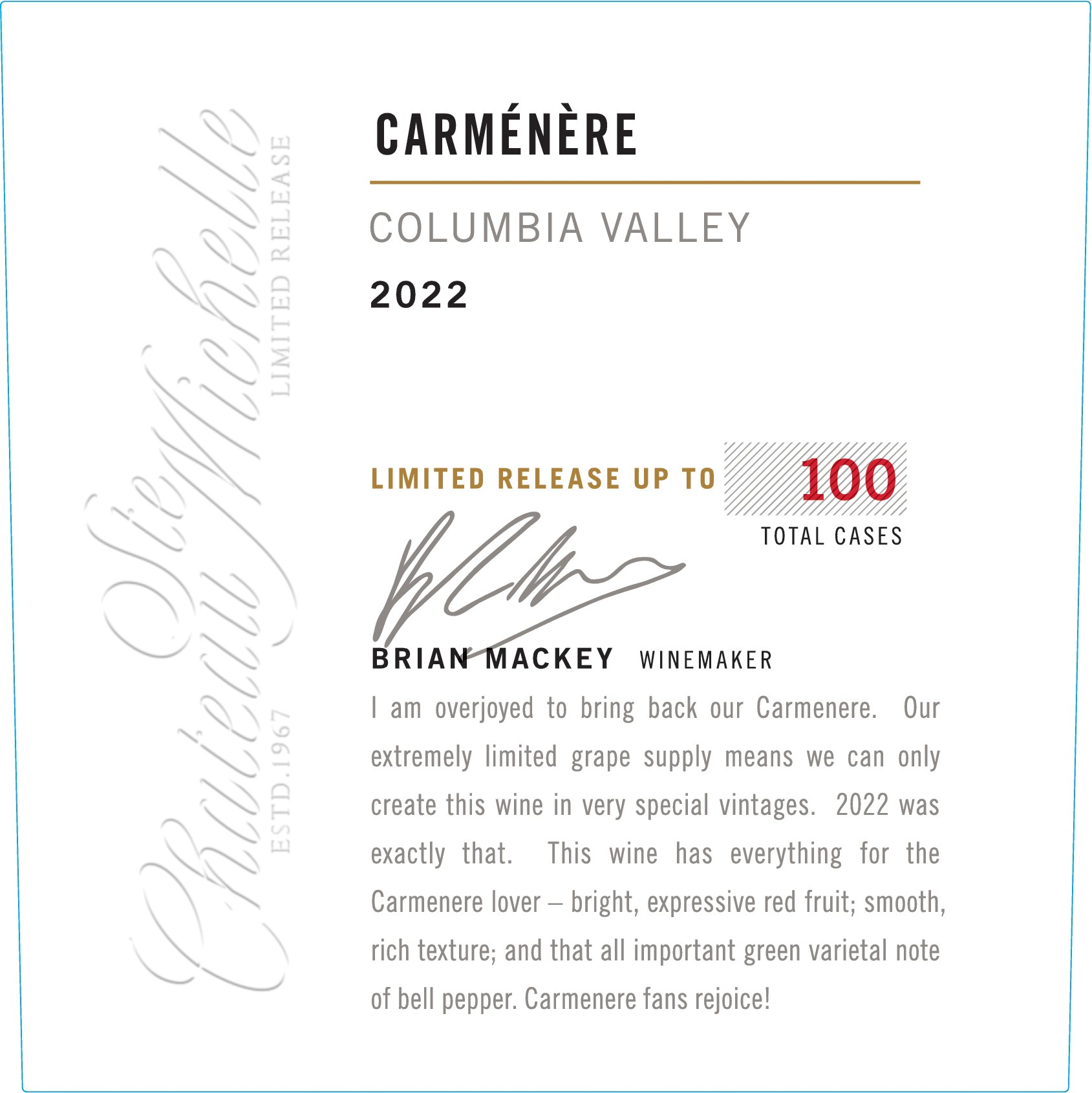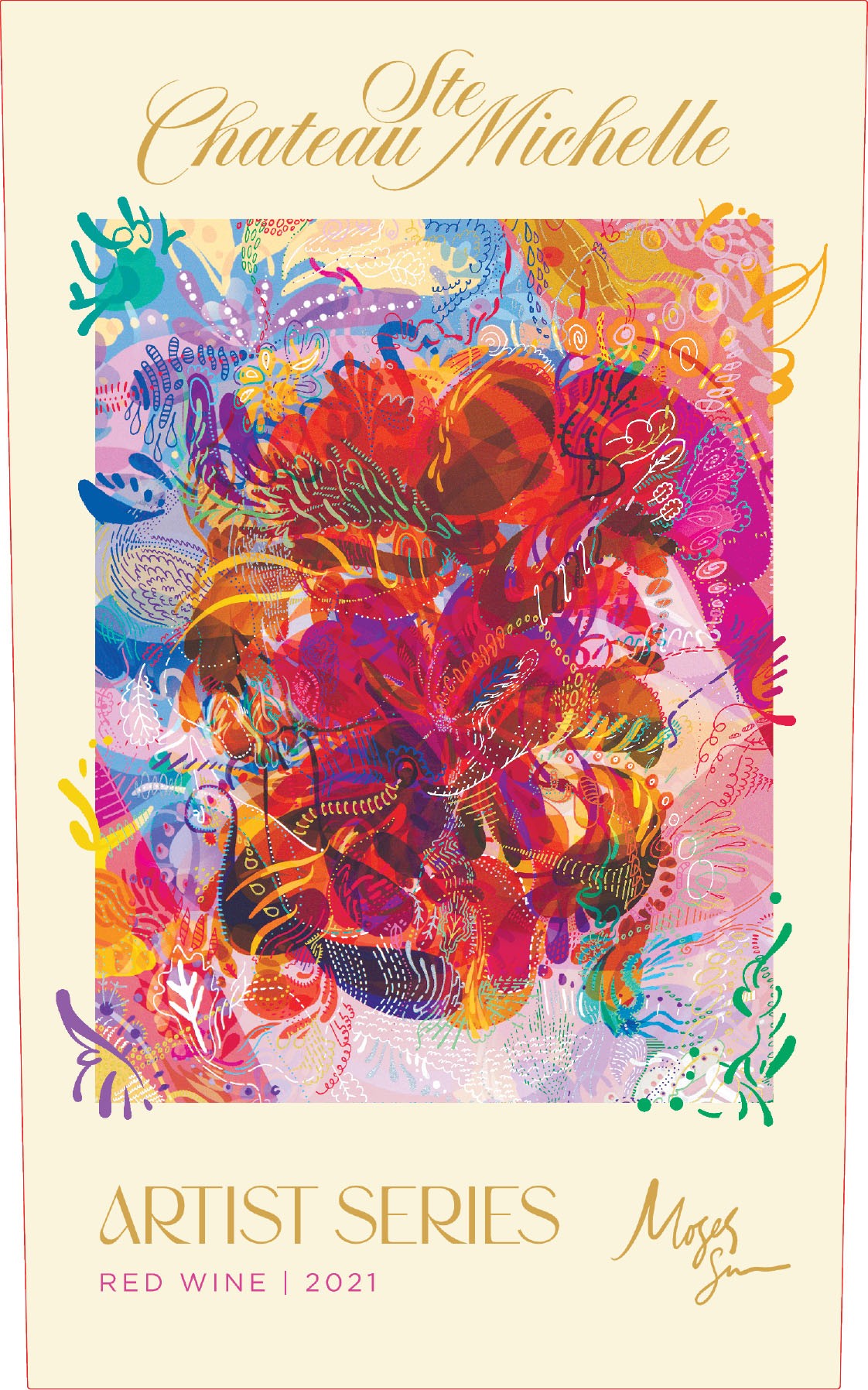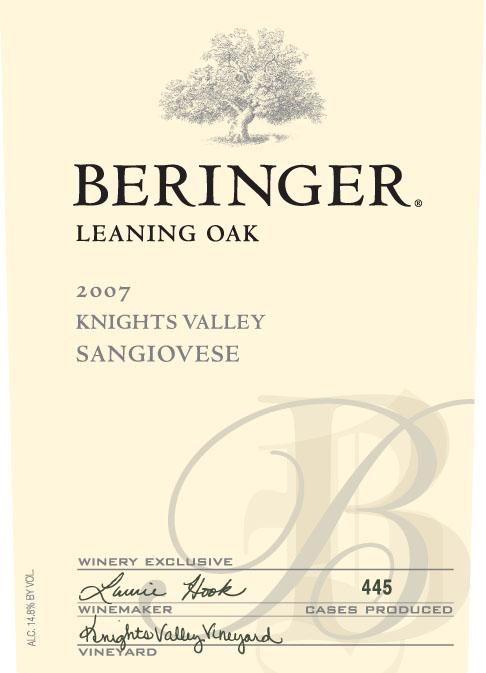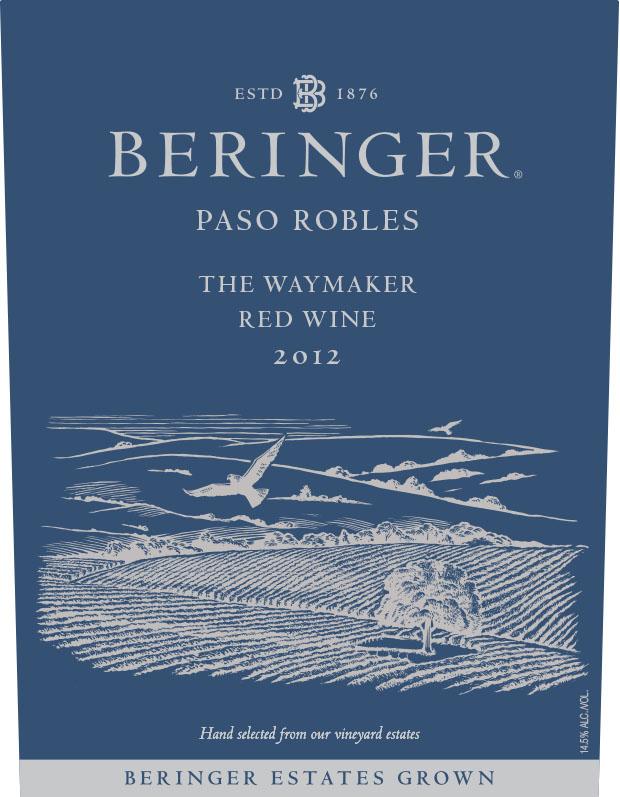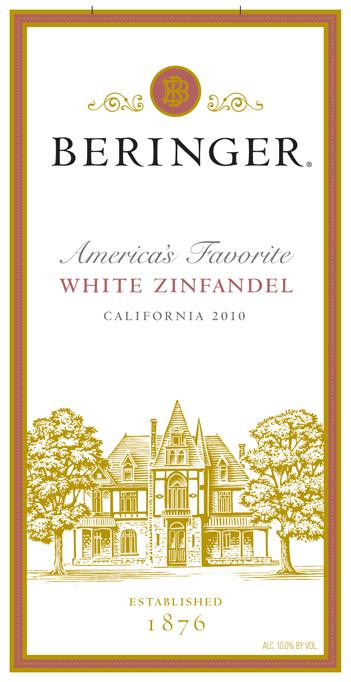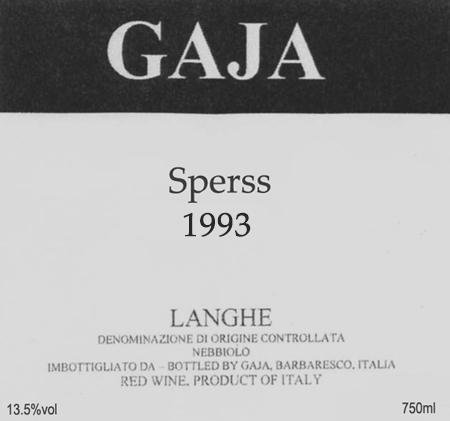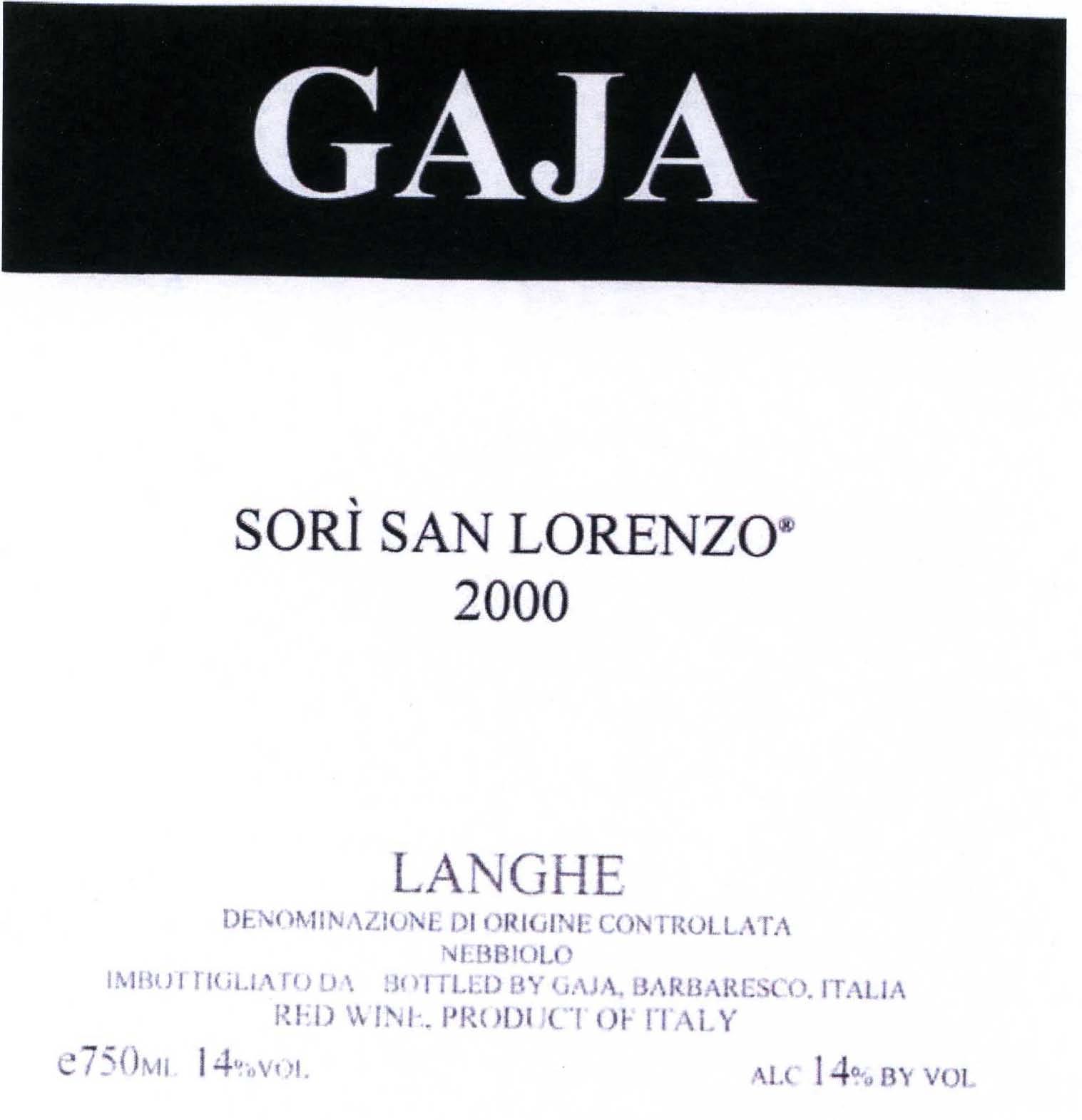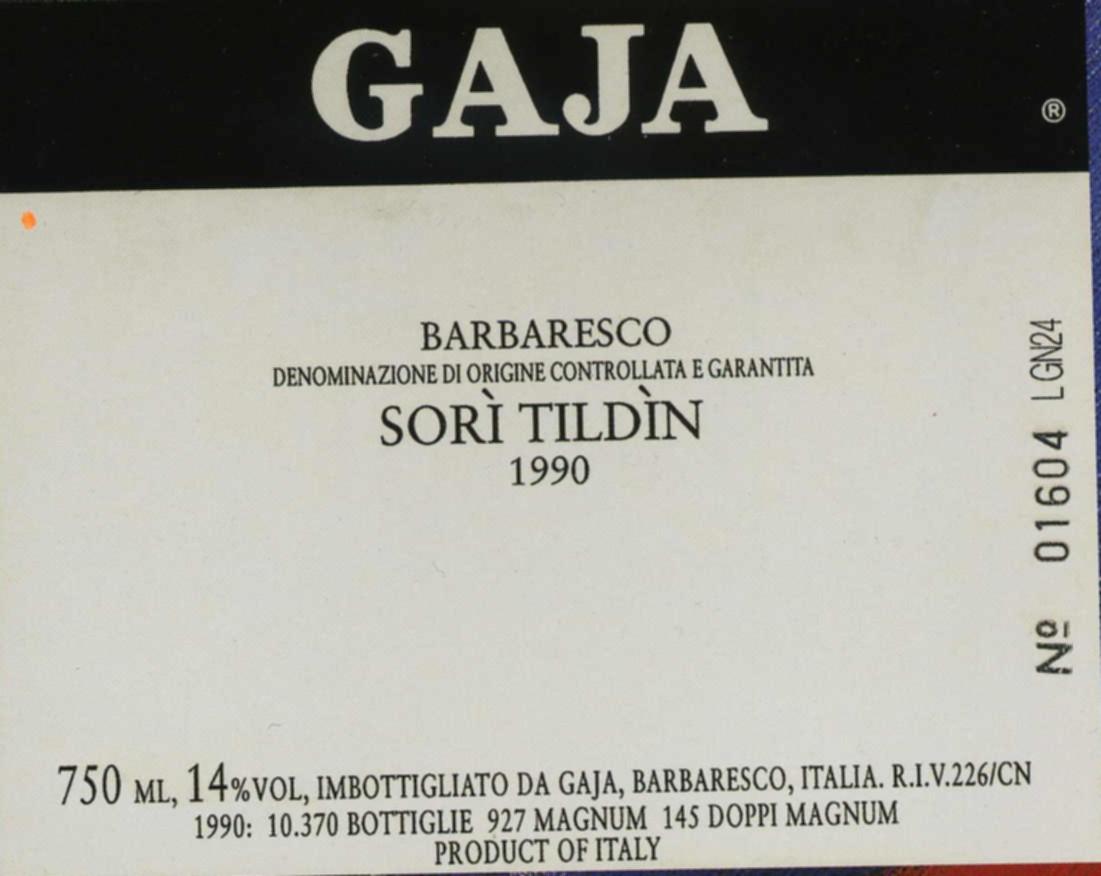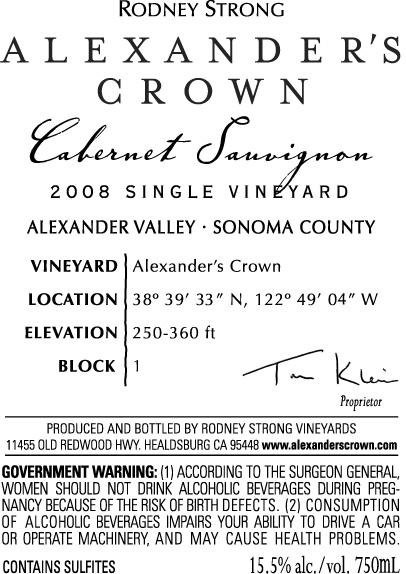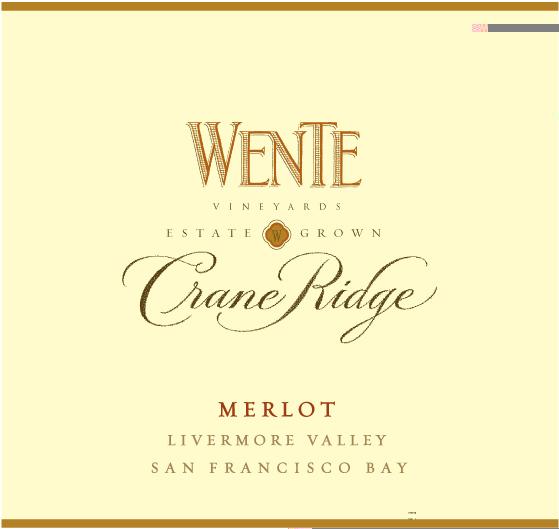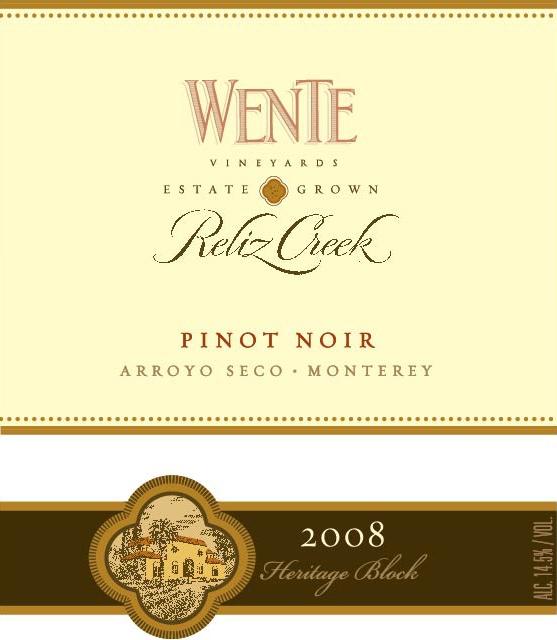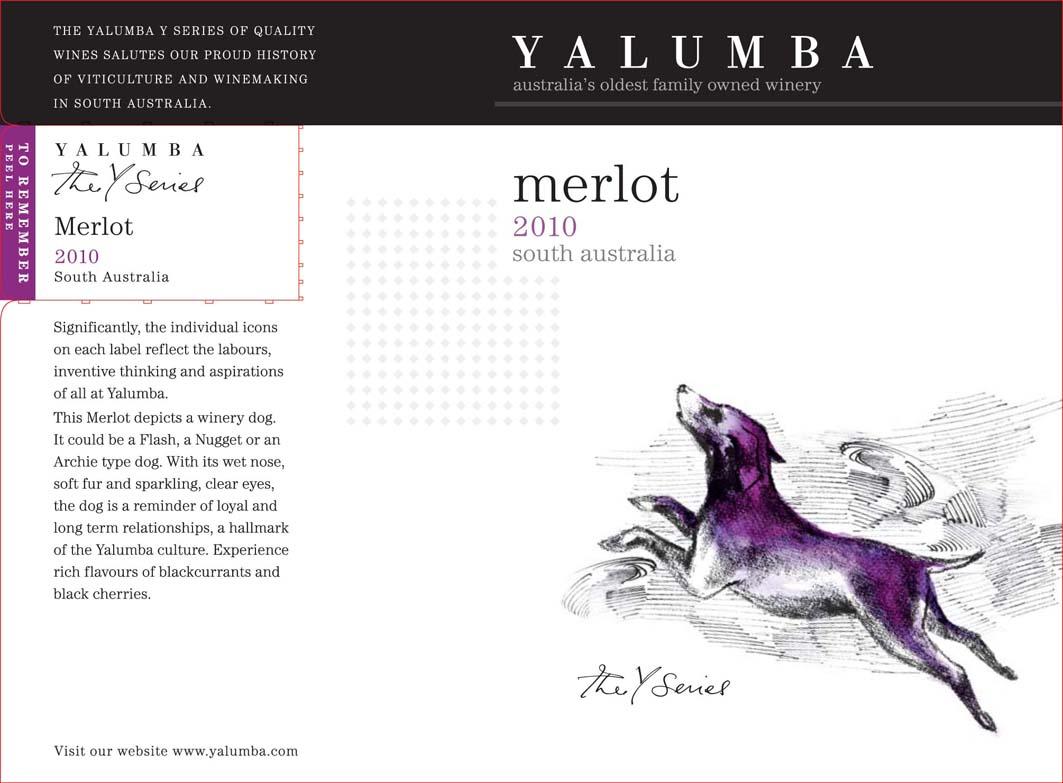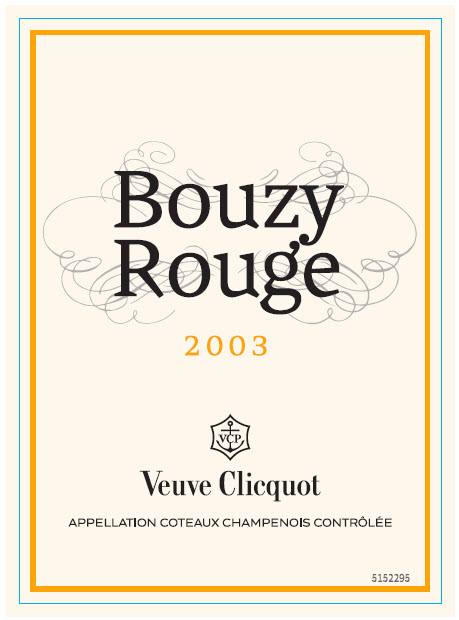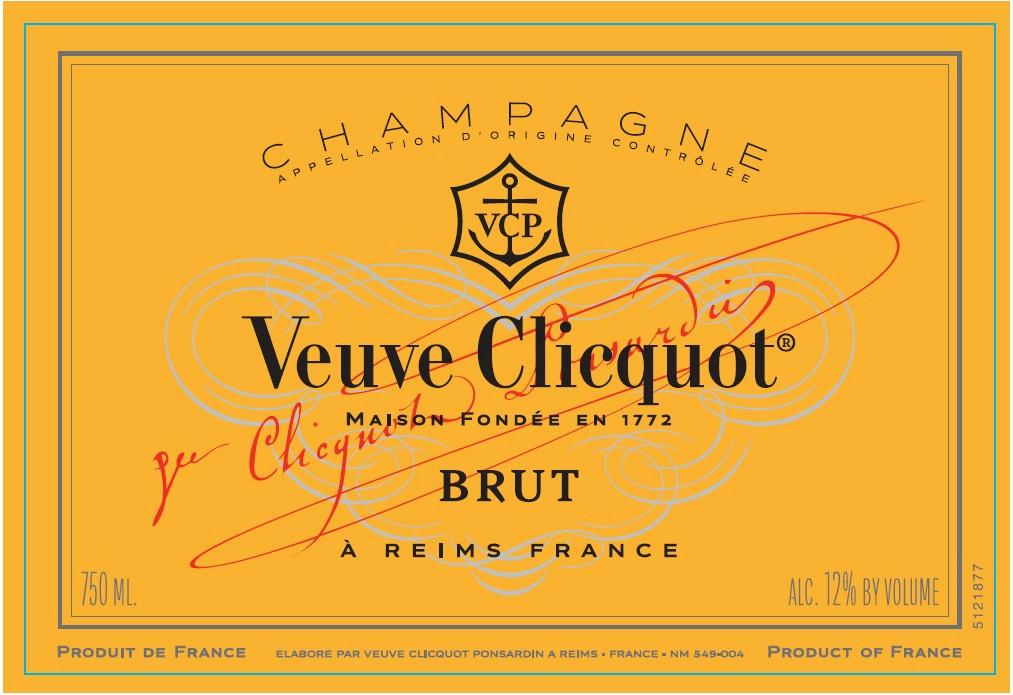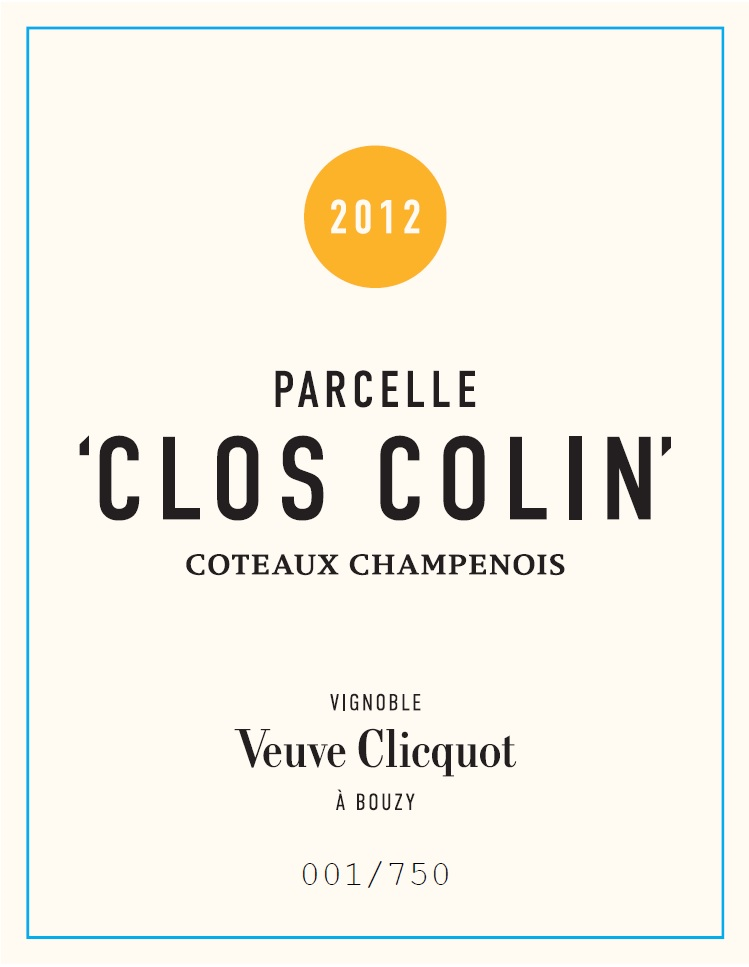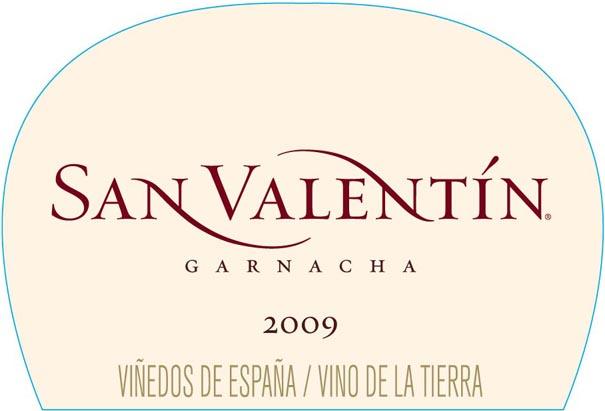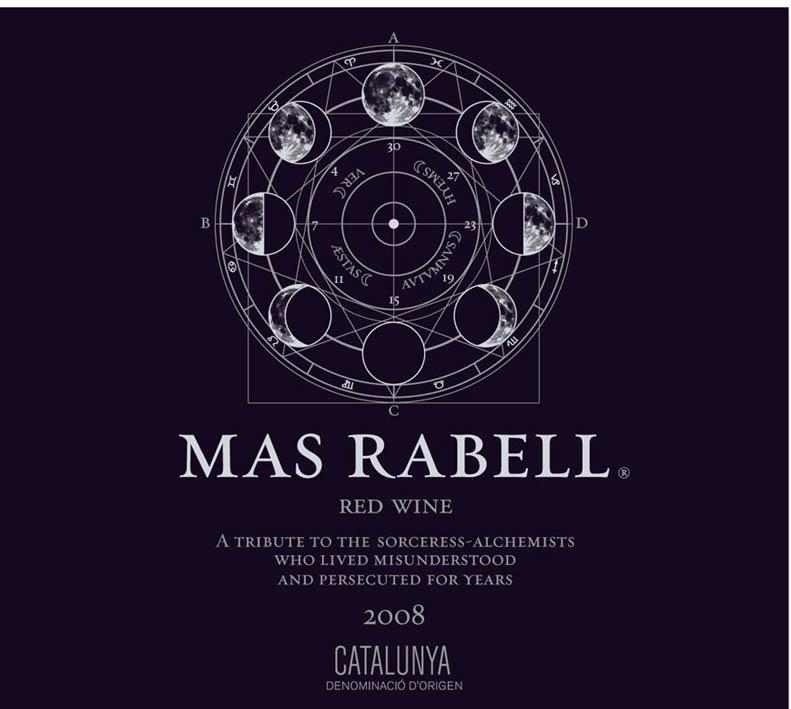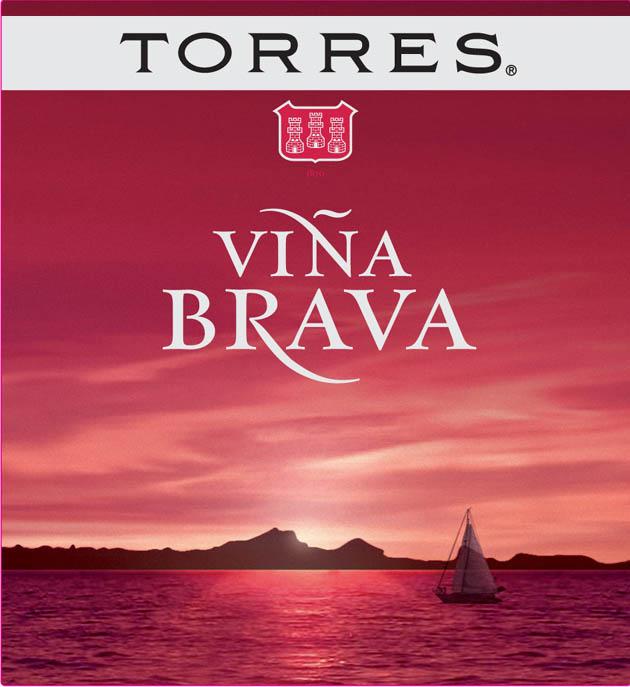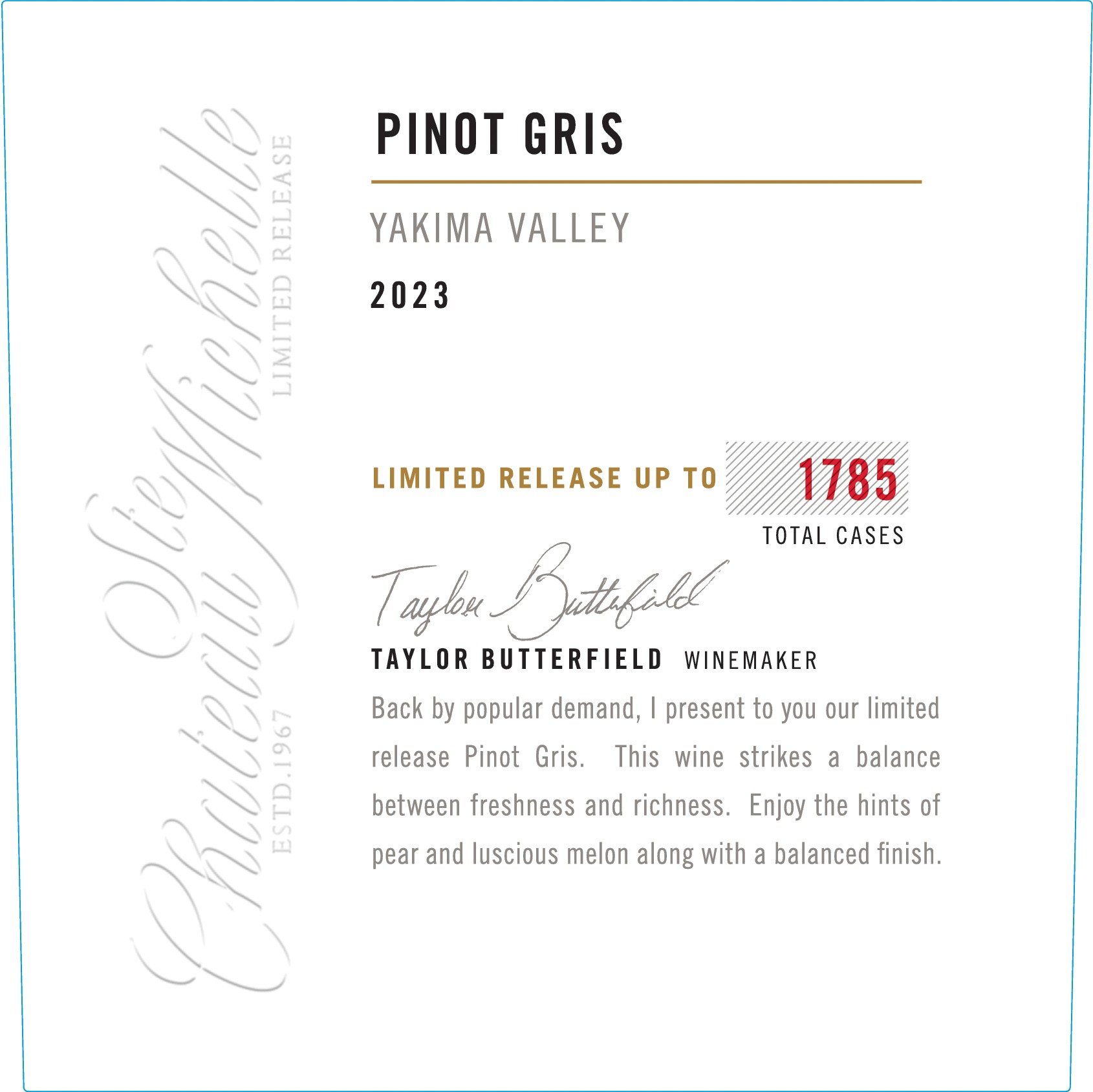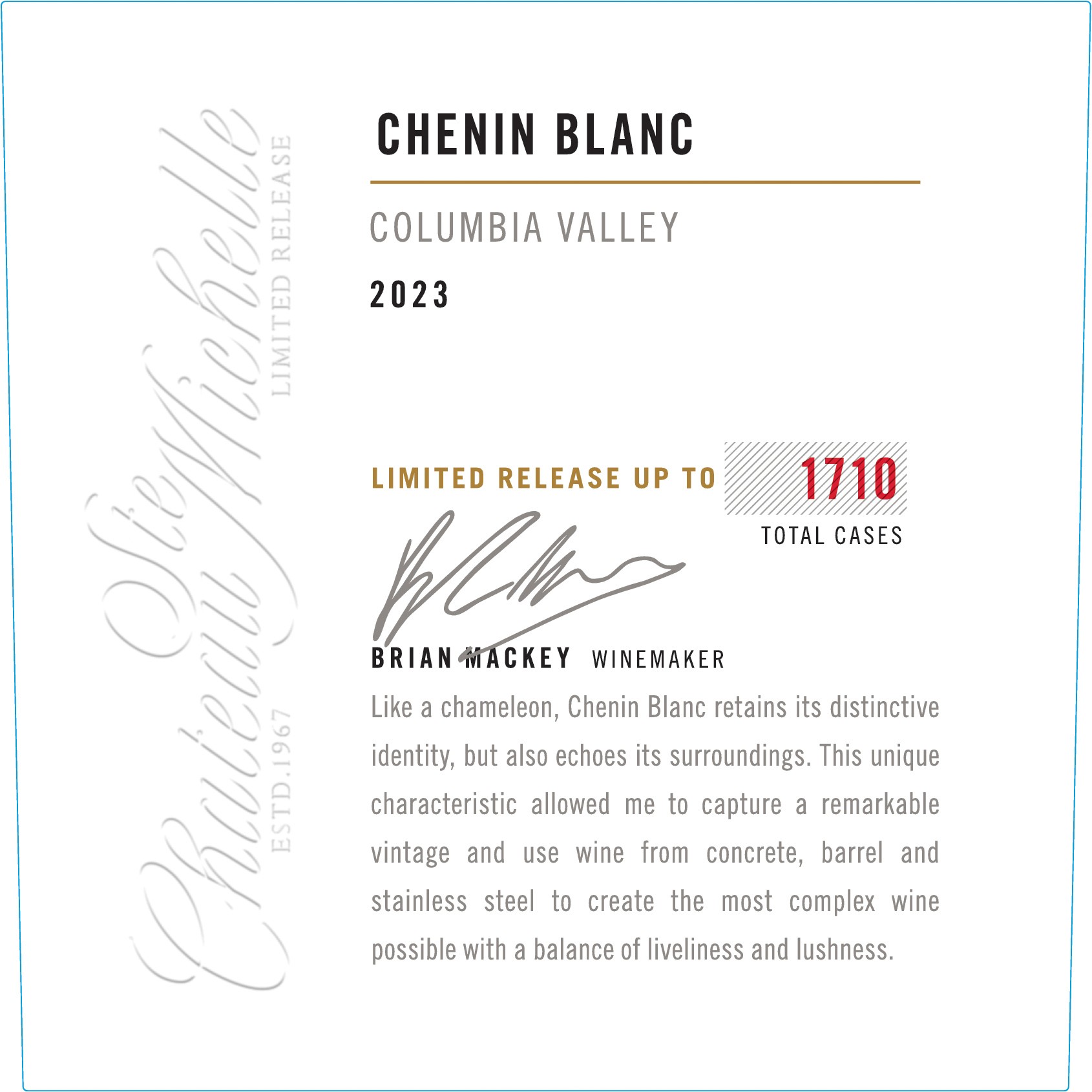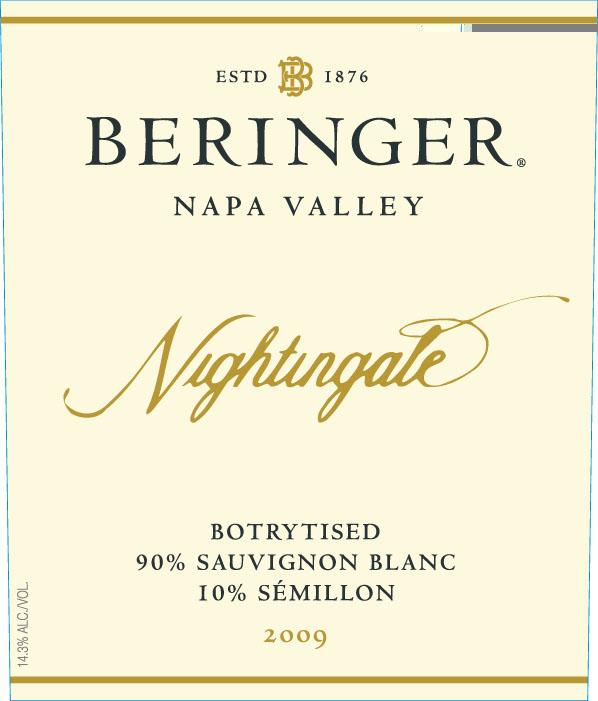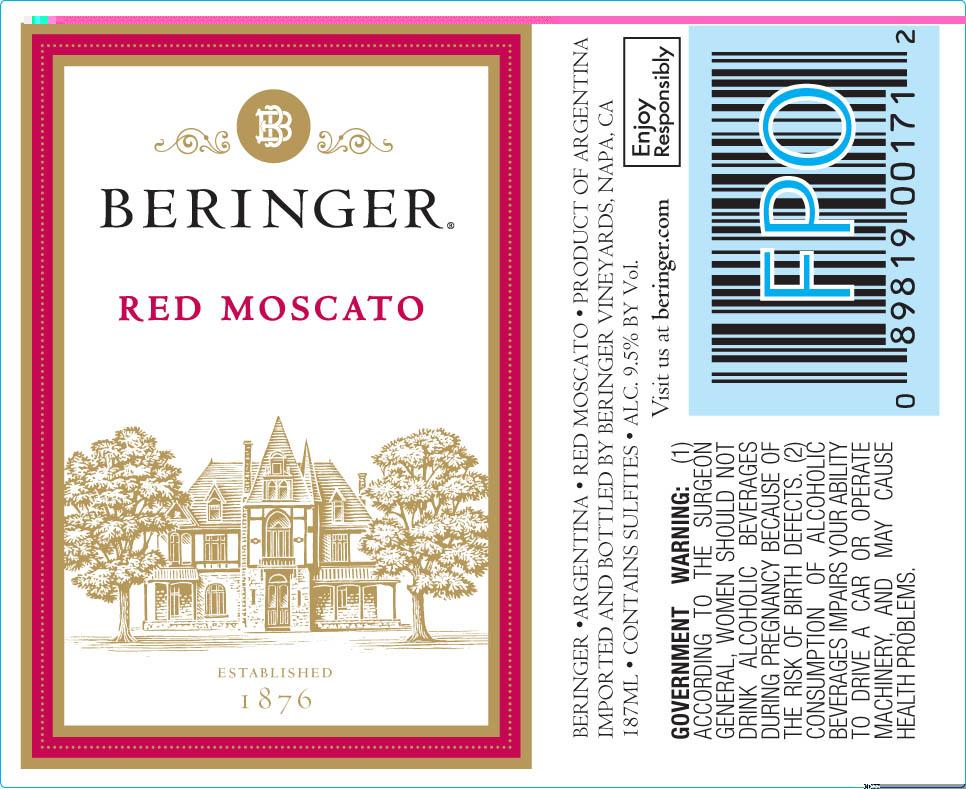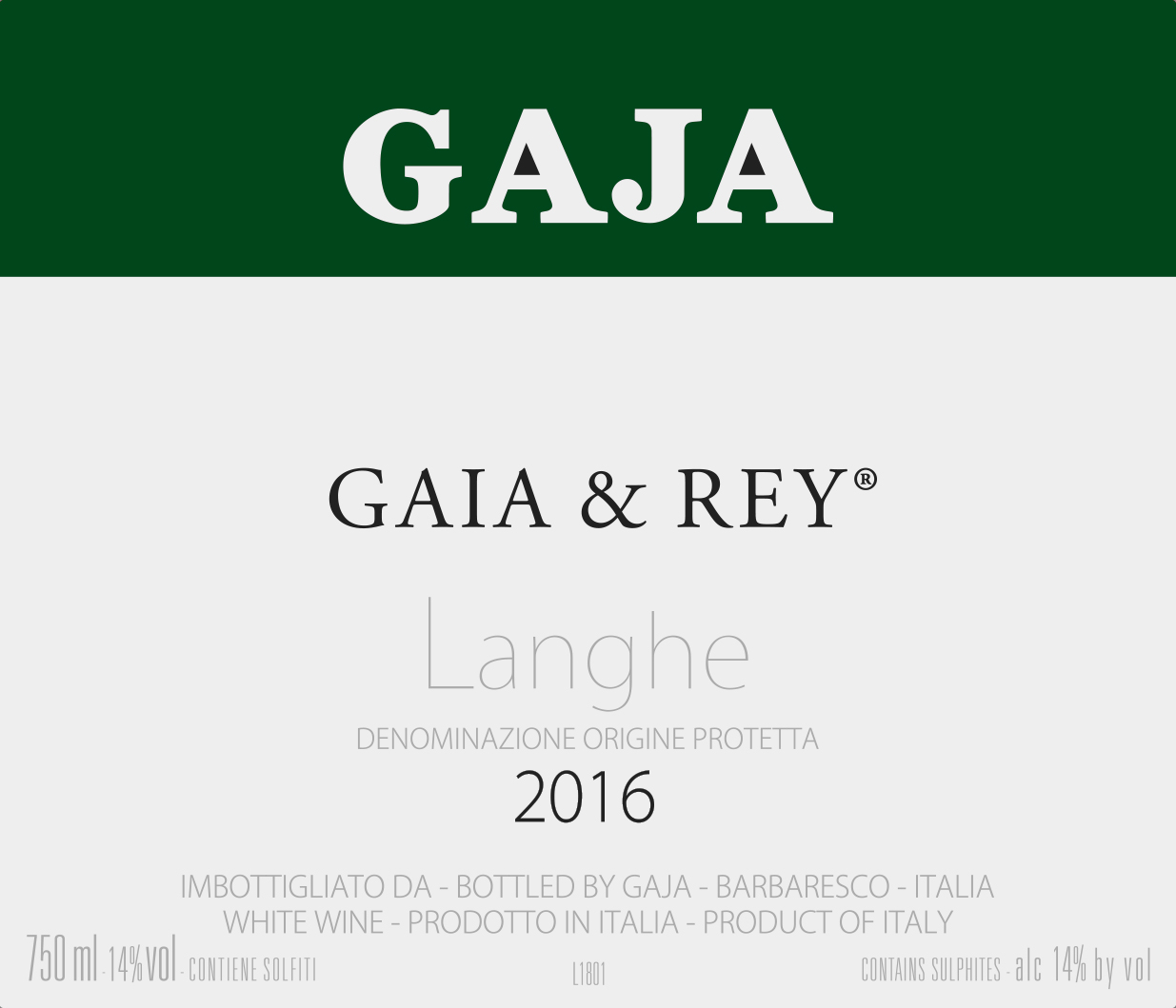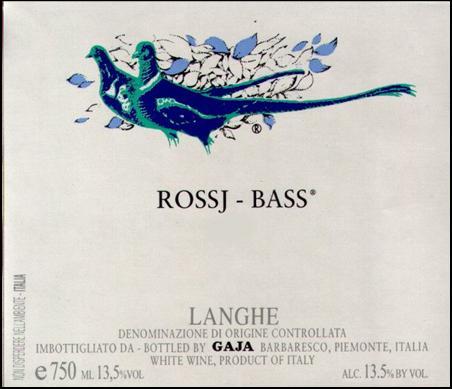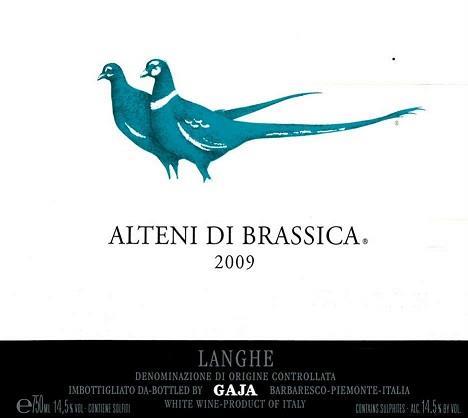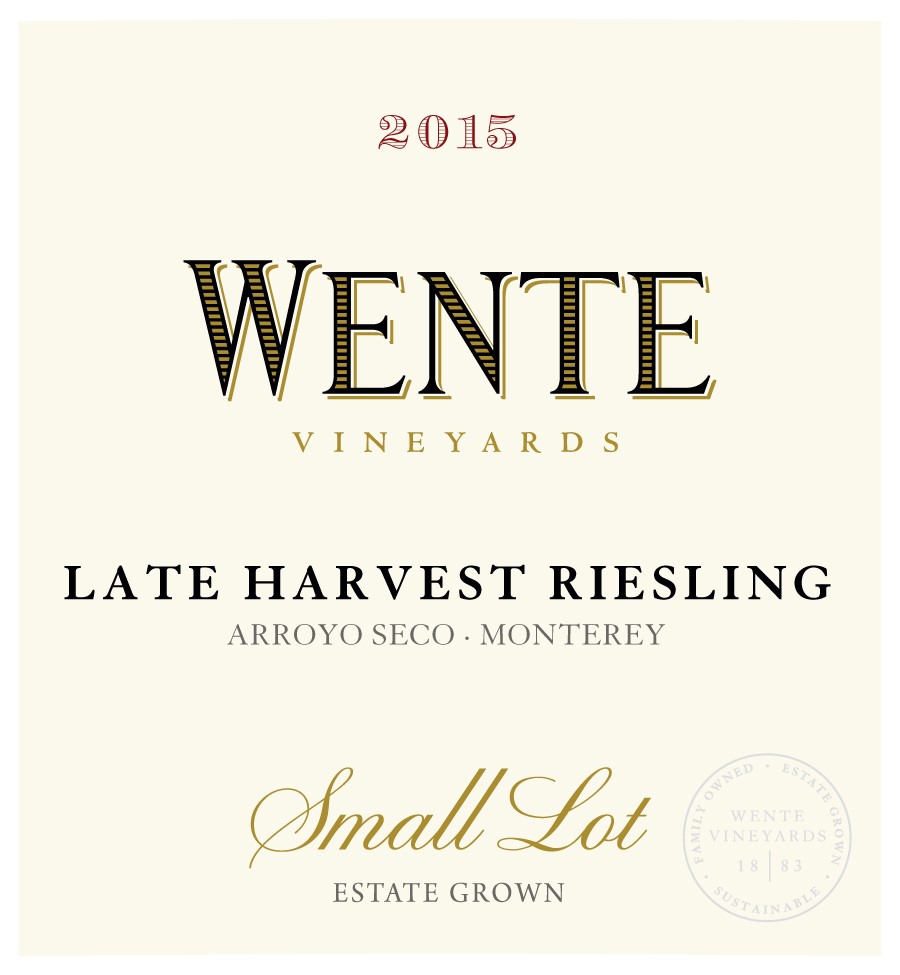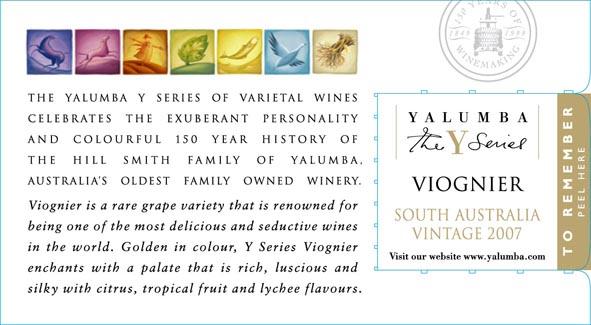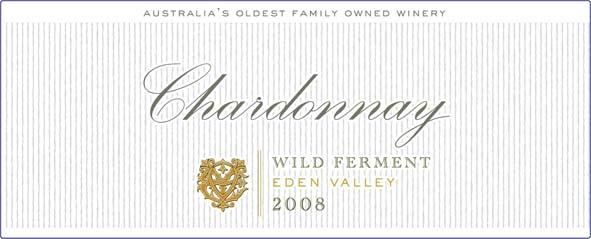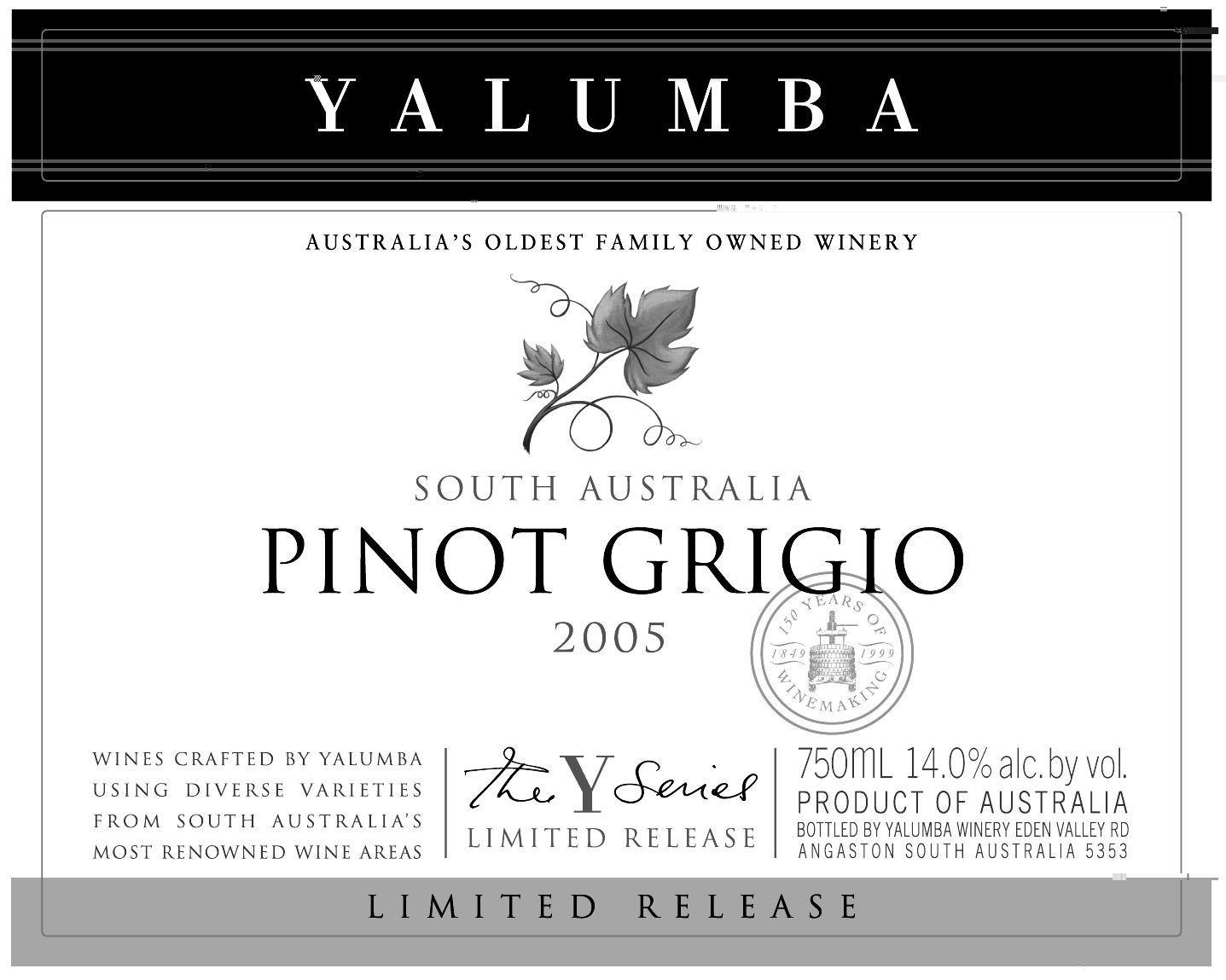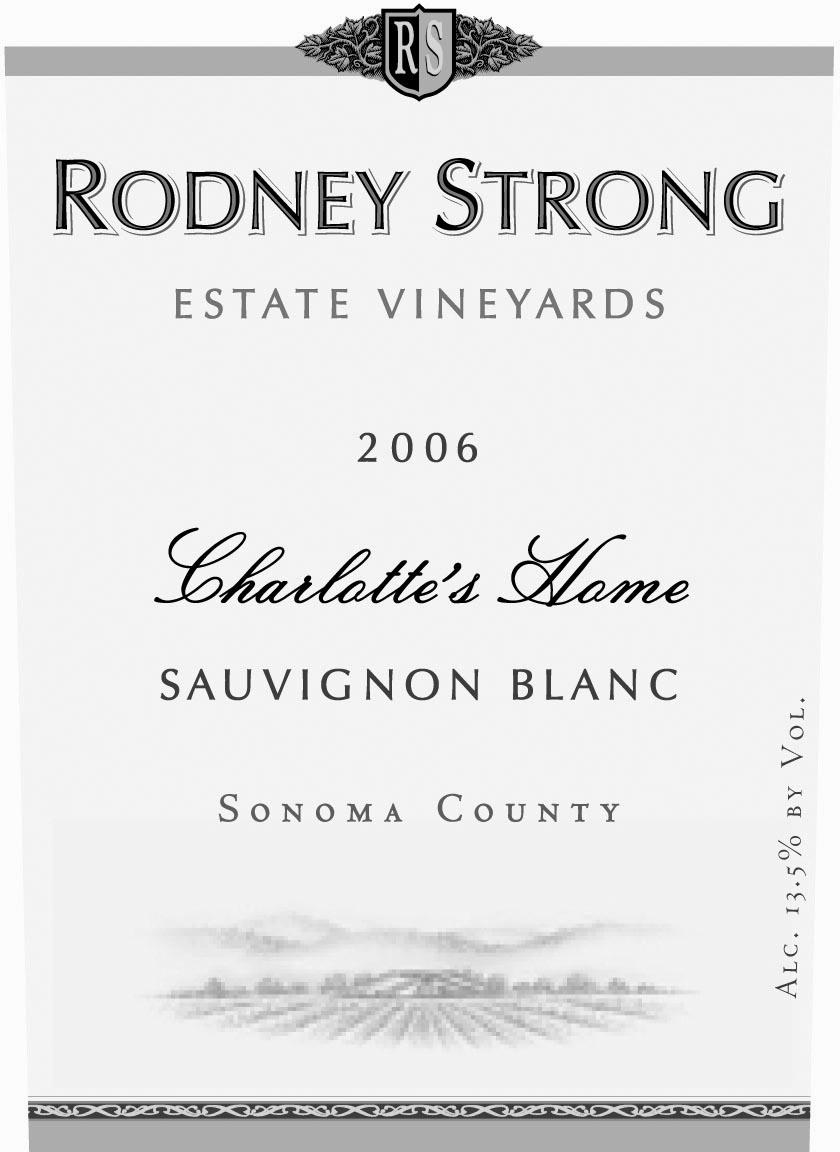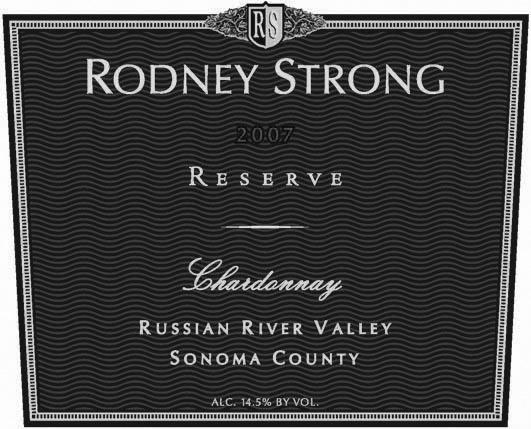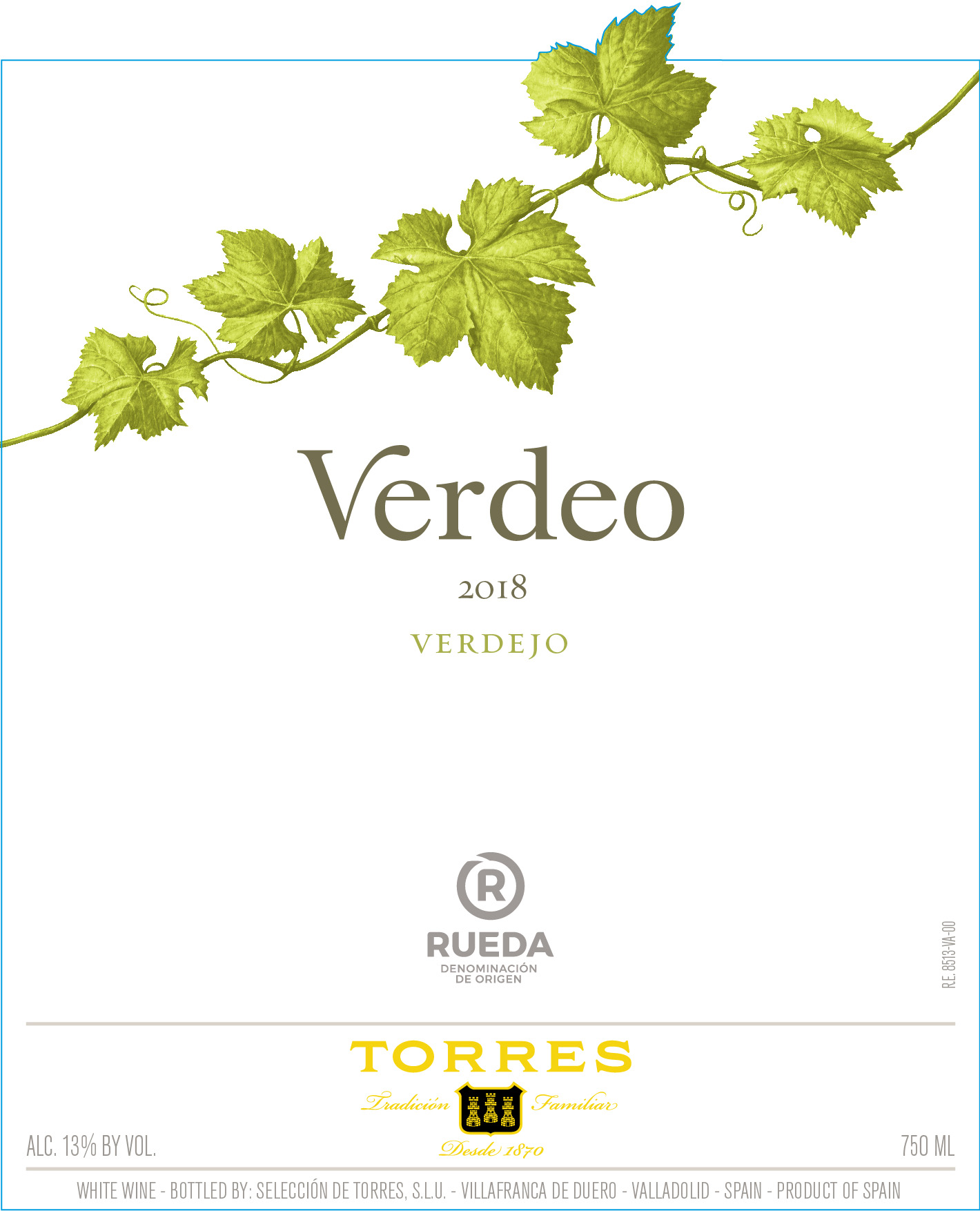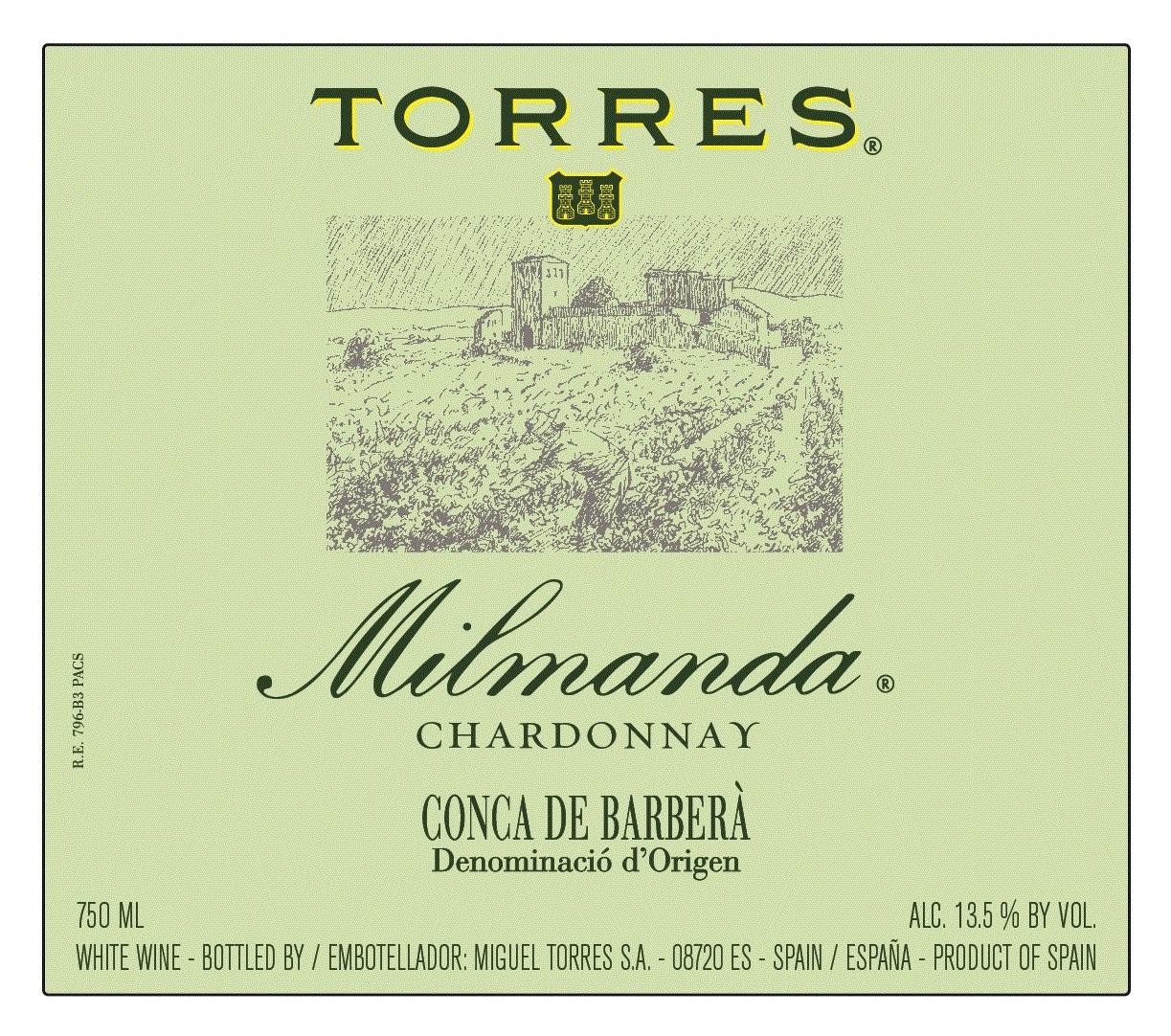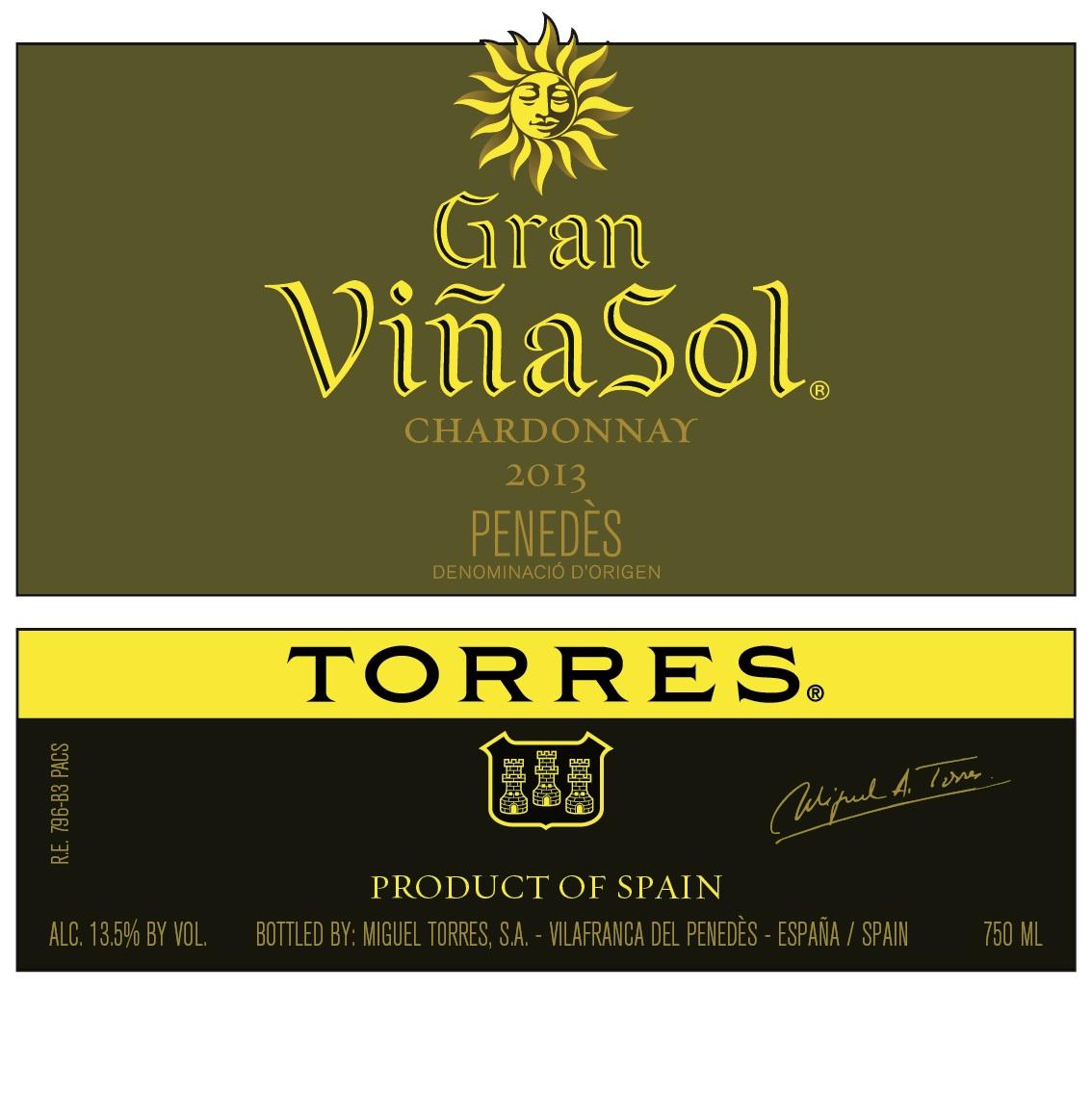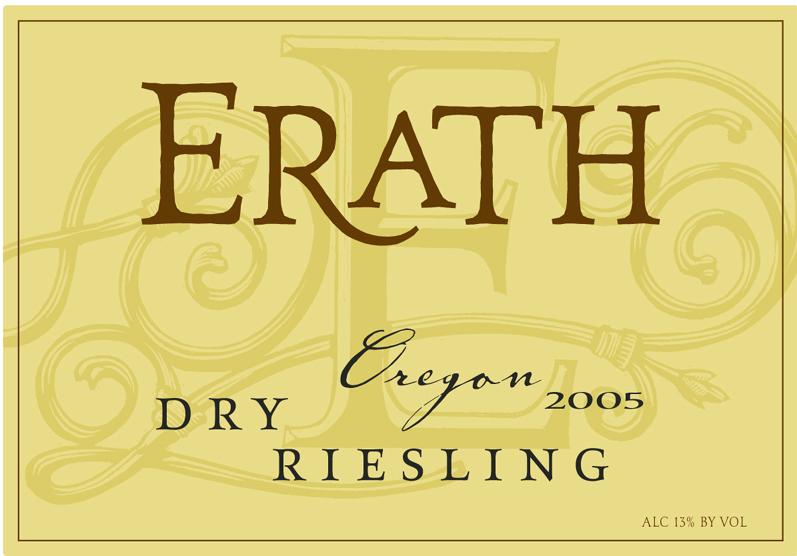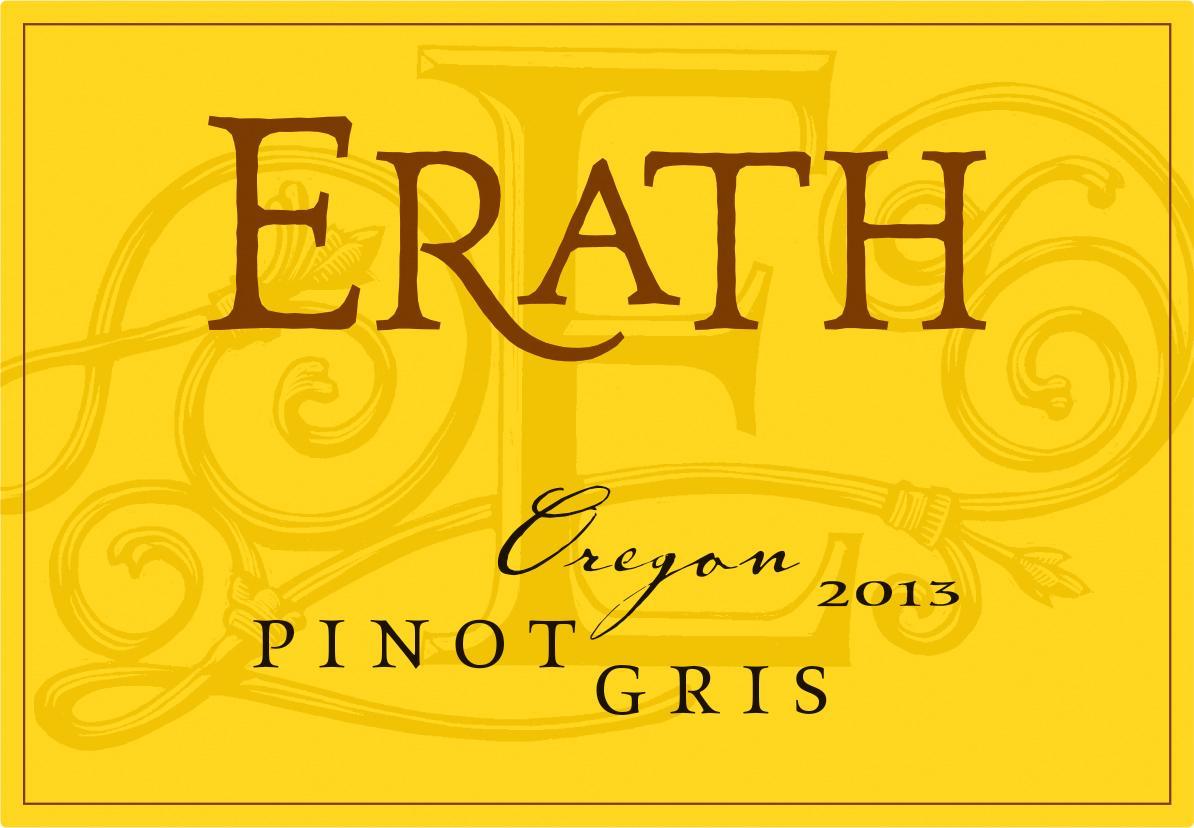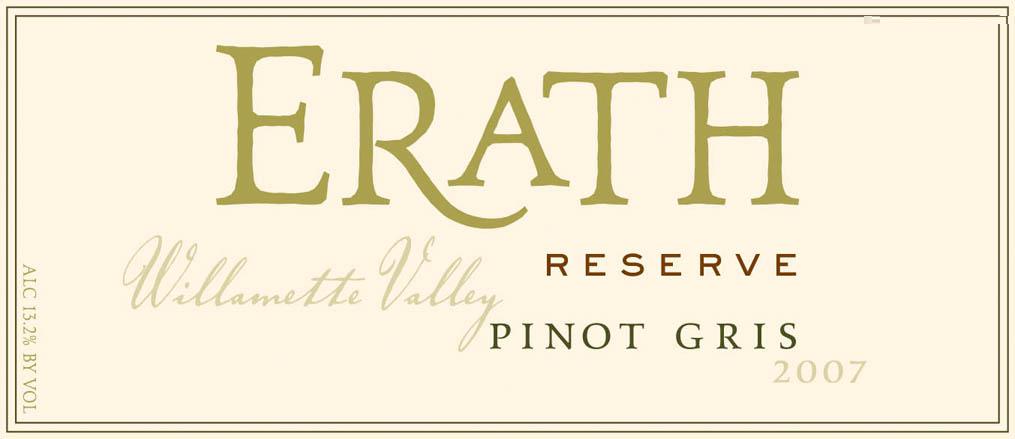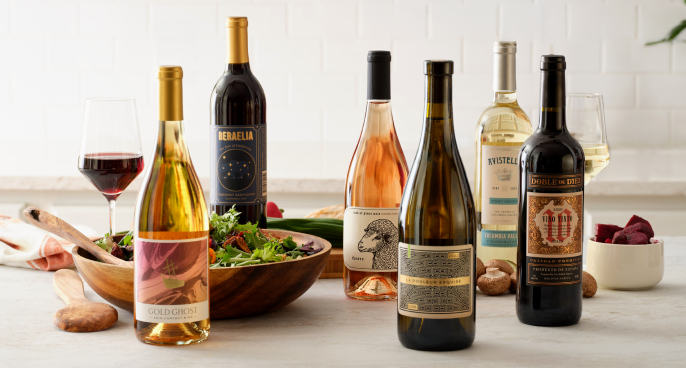Terroir of South West France
The terroir of South West France is a blend of climates and landscapes, influenced by the ocean, continent, and Pyrenees mountains. This mix creates the region's special wine styles.
In Bergerac, near Bordeaux, the warm and dry maritime climate with clay, sand, and gravel soils is perfect for Merlot and Cabernet Sauvignon. Gaillac and Fronton experience both Atlantic and Mediterranean climates, with the warm Autan wind helping grapes ripen. The region has various soils like boulbènes, limestone, and clay. Cahors combines Atlantic and Mediterranean influences, producing structured Malbecs on limestone and fruitier wines on alluvial terraces. The Pyrenees area enjoys a mild climate with the Foehn wind, essential for Jurançon's sweet wines, with vineyards on terraced slopes and soils of clay, limestone, and pebbles.
Notable Wineries in South West France
Southwest France, a region with deep-rooted winemaking traditions, is home to a fascinating array of notable wineries. These producers showcase the region's diverse offerings and dedication to quality:
-
Château du Cèdre (Cahors): Celebrated for its classic Malbecs, harmonizing tradition with modern techniques.
-
Château Montus & Château Bouscassé (Madiran): Renowned for robust Tannat wines, revolutionizing Madiran's global reputation.
-
Domaine de Souch (Jurançon): Known for exquisite sweet and dry whites, crafted from Petit and Gros Manseng.
-
Domaine Plageoles (Gaillac): A leader in preserving ancient grape varieties, offering unique wines.
-
Château Monestier La Tour (Bergerac): Produces premium Bordeaux-style blends and enticing sweet wines.
Sustainable Winemaking in South West France
South West France stands out in sustainable winemaking, integrating respect for biodiversity and innovative solutions to modern challenges. The region's commitment goes beyond organic practices, focusing on preserving a vast genetic heritage of grape varieties. The Saint-Mont Vine Conservation Centre plays a crucial role, safeguarding ancient grapes like Manseng Noir, which may thrive under climate change due to their low alcohol potential. This dedication to genetic diversity underpins the area's long-term sustainability efforts.
Organic and biodynamic practices are widespread, essential for expressing the unique terroir. Family-run vineyards, where winemakers live on-site, emphasize clean, responsible farming. Beyond viticulture, producers innovate to reduce environmental impacts, with the Buzet cooperative leading sustainable development and exploring agro-forestry. Many also adopt lighter packaging to lower carbon emissions, aiming for regional carbon neutrality by 2050.
Wine Tourism in South West France
Wine tourism in the South West of France invites exploration beyond Bordeaux’s prestige, into a world of diverse grapes and landscapes.
Begin your journey in Toulouse or Bordeaux, gateways to distinct wine trails. Discover the Cahors Wine Route, renowned for Malbec, as it traces the Lot River to historical towns like Puy-l'Evêque.
The Jurançon Wine Route offers a 55-kilometer exploration from Pau, through vineyards producing sweet and dry whites. In Gaillac, one of France's oldest regions, visitors can taste wines made from unique local grapes.
The region’s culinary delights enhance the experience, with the rich Cahors “black wine” pairing perfectly with truffles and duck confit. Enjoy local festivals like Salon des Vins de Gaillac and Ban des Vendanges in Saint-Émilion, offering authentic connections with winemakers.
These experiences, rooted in a commitment to sustainable practices and biodiversity, make South West France a unique wine tourism destination.

